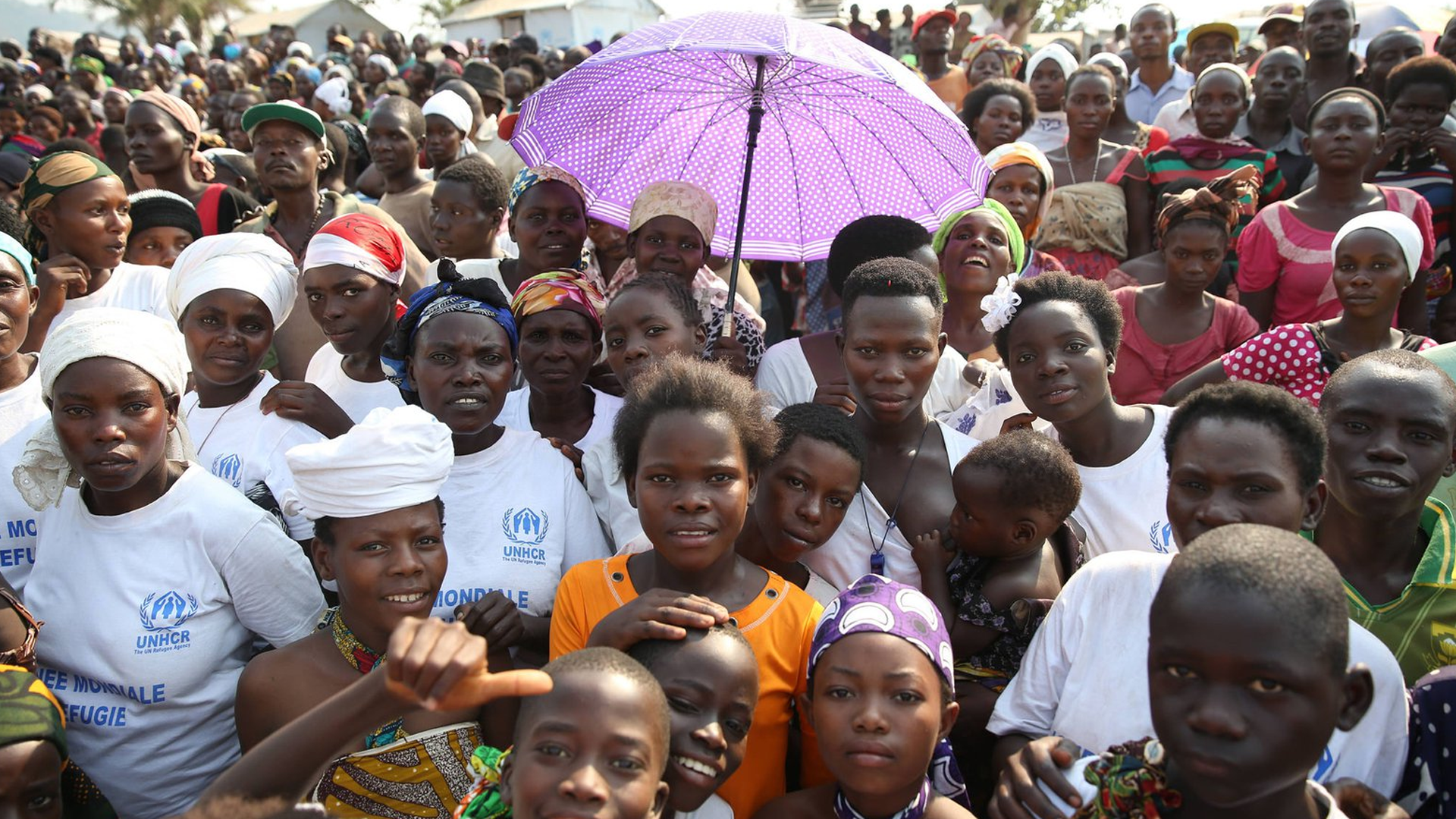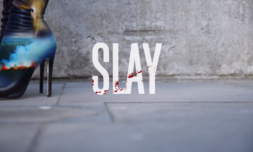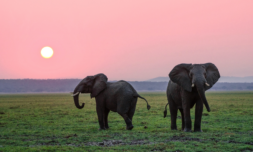The ongoing political crisis in Burundi is weaking the country’s economy and negatively impacting the lives of young people. Child labour, trafficking, high illiteracy, early pregnancy, and teenage marriage are all major problems in an already unstable climate.
Burundi is one of the poorest countries in the world. The humanitarian and political crisis that continues to unfold has taken a toll on its people and deepened societal struggles.
Landlocked in east-central Africa, the country has witnessed political tensions for decades, with thousands fleeing to neighbouring countries in search of stability.
To add to the hardship, climate change related catastrophes such as floods and landslides have caused fatalities and pose serious future risk. Education has continuously been disrupted in rural locations where schools and homes have been flooded, forcing many to leave in search of safer areas.
How is the crisis displacing the population?
According to the UN, like most African countries, more than 60% of Burundi’s population are young.
Gen Z are mostly in school or entry level jobs. Unemployment rates remain high and agriculture is the main economic contribution from more than 80% of the population.
Despite this, food production has slowed as a result of changing rainfall patterns caused by climate change. Many children under the age of 5 are malnourished, leading to death in some cases.
According to the World Food Programme (WFP), some displaced children are forced into labour on farms both in Burundi and across central and eastern parts of Africa. Others are trafficked as far as the Middle East with little to no pay in most circumstances.
Commercial sexual exploitation in Burundi has recently risen exponentially.
According to the US Bureau of International Labour Affairs, more girls from Burundi continue to be trafficked to Kenya, Democratic Republic of Congo, Uganda, Kenya, and the Middle East for commercial sex.
Years of political disputes have left women and girls most at risk of human trafficking and forced marriages in neighbouring countries.
A majority of the recent victims are Gen Zers who continue to suffer from years of civil war.
In some parts of the country, children as young as 12 are imprisoned in adult jails. More than 75% of imprisoned children are in these jails without trial.




















